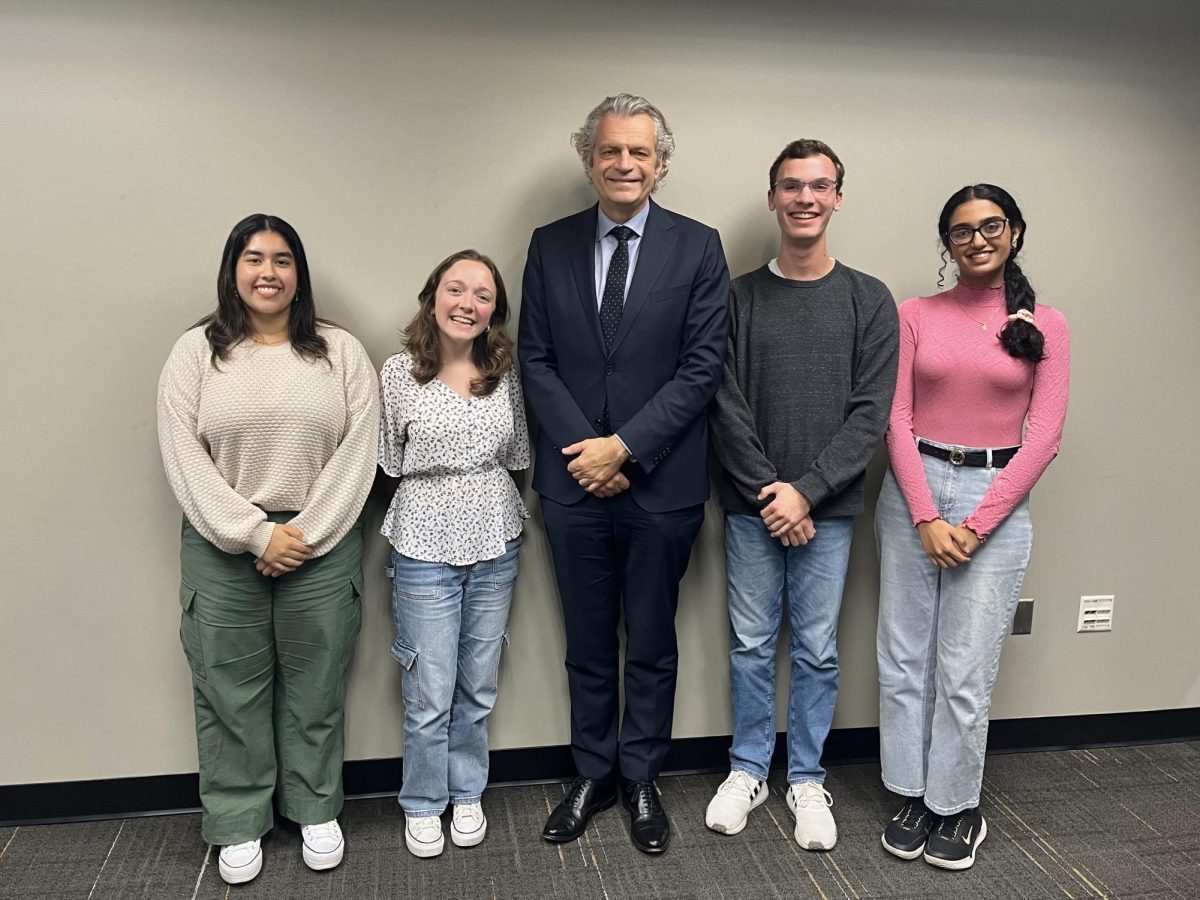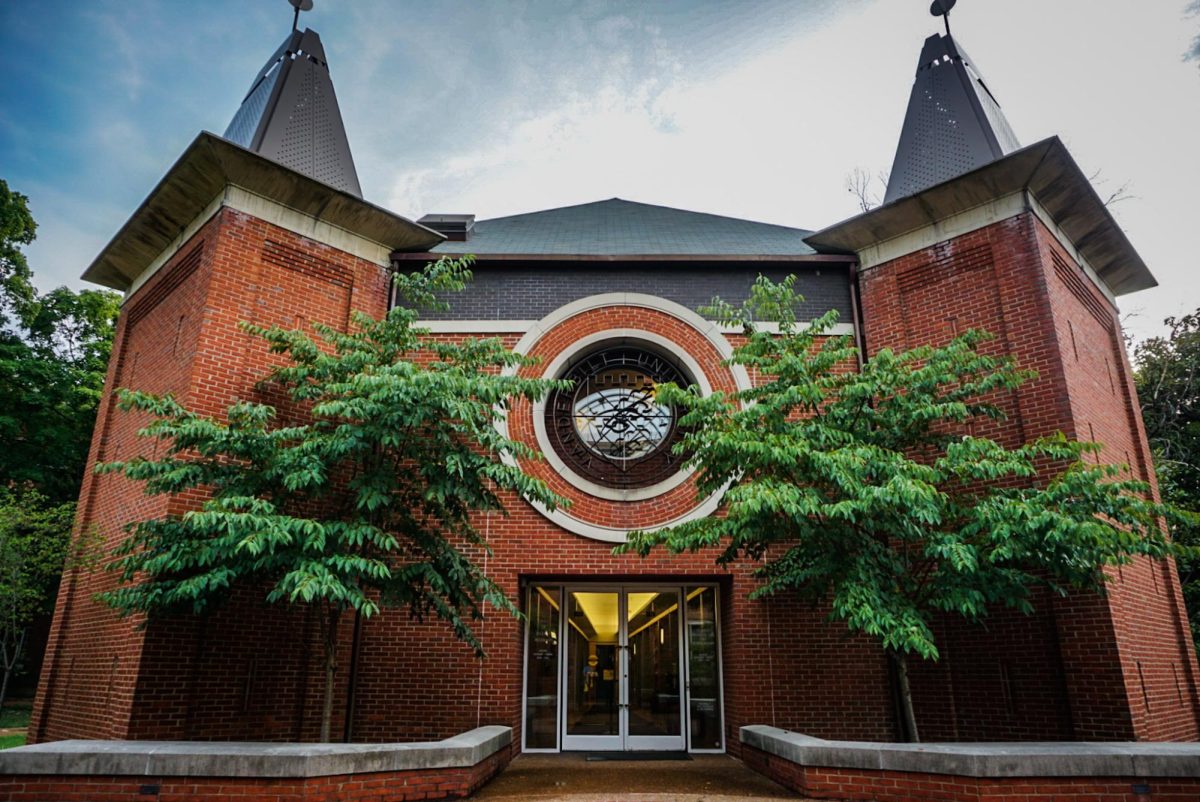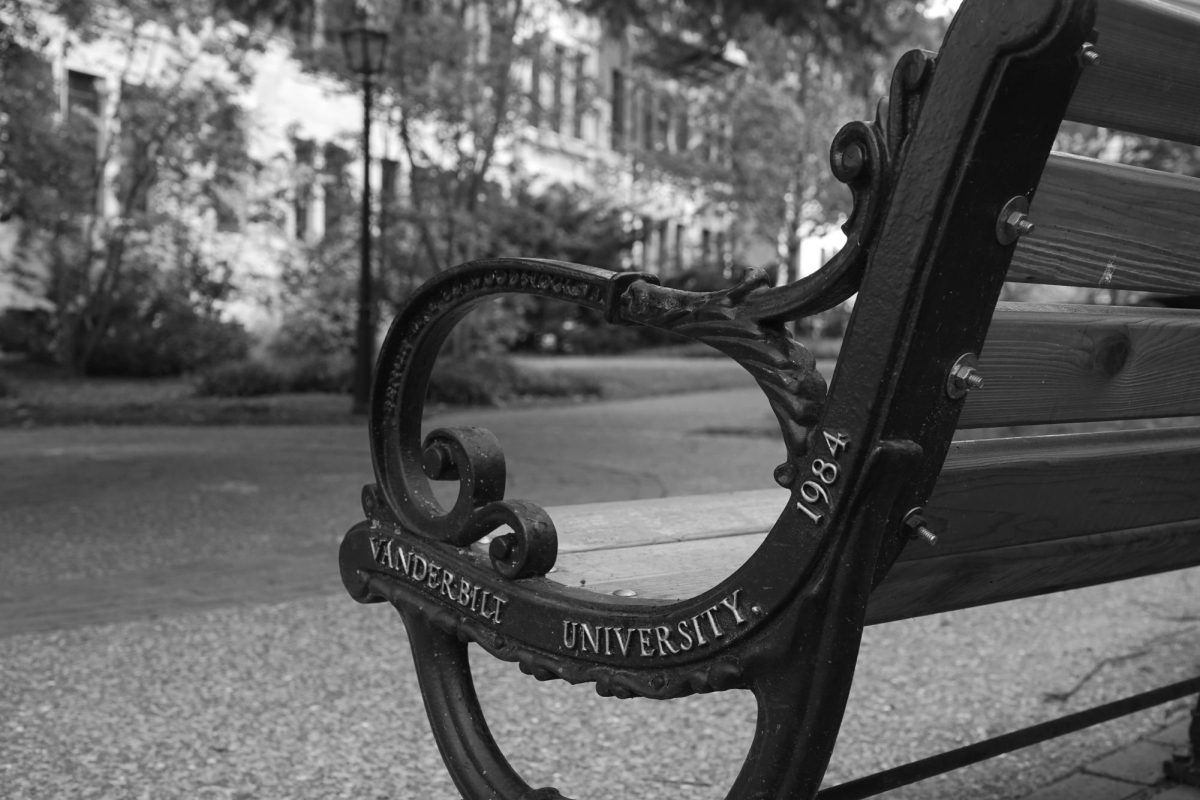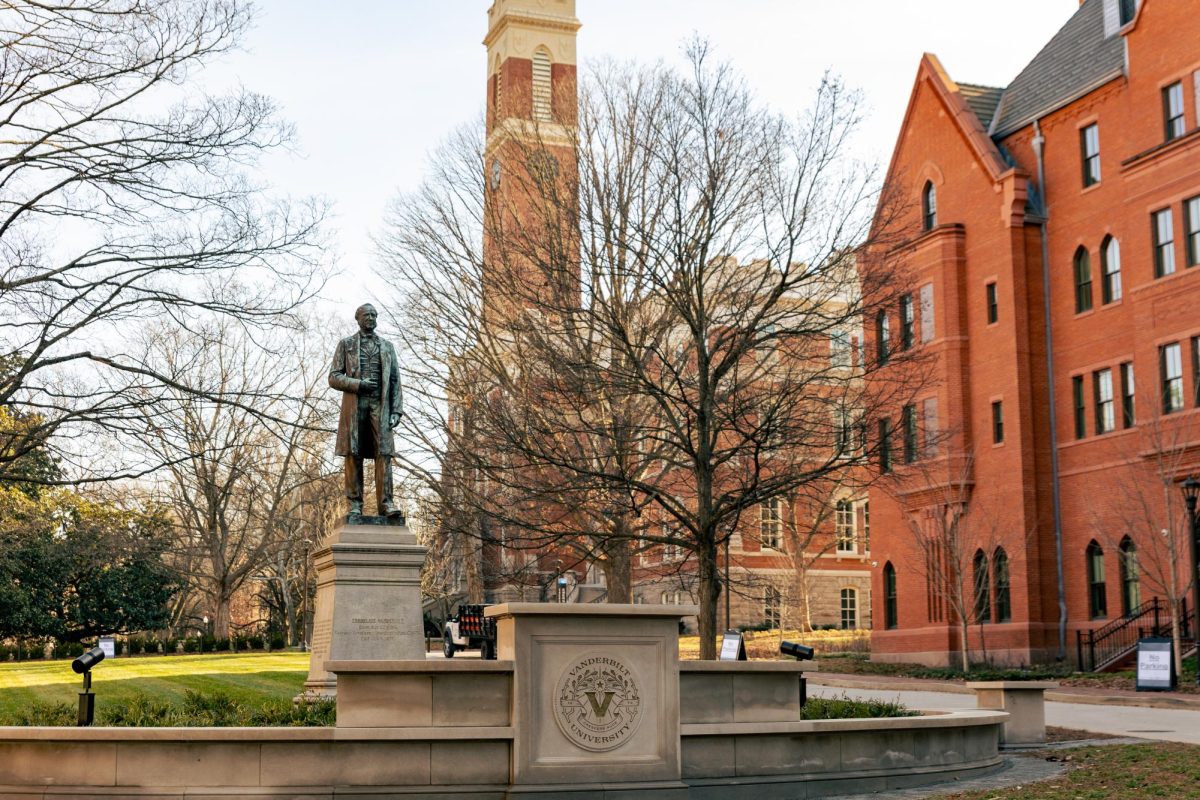UPDATED: This article was updated on Sept. 27, 2023, at 12 p.m. CDT and Oct. 3, 2023, at 12 p.m. CDT to include comments from the university, students and faculty.
Chancellor Daniel Diermeier and Provost C. Cybele Raver sent a second email to faculty, alumni and students at around 4:30 p.m. CDT today further denouncing the U.S. News Best National Colleges ranking methodology. The pair did not note and the university declined to comment on the prompt for this second email.
In the email, Diermeier and Raver reiterated points from their email last week, which came in response to the university dropping five spots on the ranking to No. 18. Students, faculty and alumni criticized the original email, calling it “astounding,” “morally repugnant,” “contradict[ory]” and “unprofessional” among other critiques.
Today’s email is Diermeier’s third-longest in his time as chancellor. He and Raver state that college rankings are “problematic” and “circus[es]” but assert that discussing the rankings is critical given prospective students and families’ alleged reliance on them.
“The annual ritual of the U.S. News rankings release might not end anytime soon,” Diermeier said. “But universities can no longer in good conscience stay silent about it.”
Sophomore Ryan Antaky, who was recently elected as a VSG Senator for the College of Arts and Science, ran on a platform to “make Vanderbilt top 15 again.” His platform advocated for Vanderbilt to lobby for U.S. News to revert to its old methodology to allow Vanderbilt to reclaim its “rightful” rank. He “strongly agreed” with Diermeier and Raver’s email, stating that, unlike other students, he did not think it was an overreaction.
“[Diermeier] is demonstrating his commitment to fighting to defend Vanderbilt’s rightful place. It is reasonable to display frustration when the new ranking has a glaringly rigged methodology,” Antaky said. “I will do all I can to mobilize students, my senate colleagues, and the administration to take less-than-moderate action.”
Tucker Apgar (BA ’23) said he felt the email was unnecessary.
“I didn’t get a lot more out of the follow-up email sent,” Apgar said. “I understand that he has strong opinions, as a lot of university leaders from the schools have and he feels the need to speak up for Vanderbilt. But I feel like there didn’t need to be another email sent out.”
Dr. Jonathan Gilligan, professor of earth and environmental studies and civil and environmental engineering, said Diermeier and Raver should take the rankings as a “wake-up call” rather than complaining about them.
“When a student does poorly on an assignment, we advise them that instead of complaining loudly, and at length, about the professor, they should put their energy into learning from their mistakes and working to do better on the next assignment. Our university’s leaders would do well to follow this advice,” Gilligan said.
Namely, Diermeier and Raver mentioned metrics in the email that were removed or reduced in weight from the ranking, as well as U.S. News’ increased reliance on public data and weight on social mobility. Diermeier and Raver detailed how these changes to metrics and U.S. News’ “grossly incomplete” data sources do not fully represent Vanderbilt’s student body and financial aid programs.
“These changes constitute an attack on the very notion of academic excellence,” the email reads. “If a ranking scheme ostensibly concerned with academic quality is reducing its academic quality criteria, what, exactly, is it measuring?”
Dr. James McFarland, director of undergraduate German studies, states that Diermeier and Raver adequately demonstrated critical flaws in the U.S. News ranking methodology in their emails. However, he expressed “embarrassment” at the pair’s focus on the ranking.
“Surely, all this contextualization could be made available in a routine press release from the Admissions Office, without drawing as much unfavorable attention to our university as this missive from the very highest positions in the administration has,” McFarland said. “Their justification for all this is that ‘many students and families rely on rankings to navigate college choice.’ But if the rankings are this unreliable, I think we should be doing what we can to let those parents know that relying on them is a bad idea, rather than defensively reinforcing the sense that what are, at the end of the day, click-bait listicles, are a matter of grave concern to those who steer our finest research universities.”
Diermeier and Raver also assert that the changes in methodology could work against U.S. News’ stated goal of increasing college access with the new metrics. They emphasize Vanderbilt’s financial aid program — Opportunity Vanderbilt, noting that 65% of Vanderbilt undergraduates receive financial assistance. Overall, $366 million was spent on financial aid — $244 million of which was allotted to undergraduates — in the 2022-23 academic year, according to the email.
“Providing access to students of all backgrounds is a core value for Vanderbilt. For our undergraduate students, that means that we admit students regardless of their ability to pay. And we go even further by being among a select group of colleges and universities in the nation that are ‘no-loan’ schools,” Diermeier and Raver wrote. “This allows all of our students to access one of the world’s best undergraduate educations and to graduate debt-free.”
The email also details that 23% of students in the Class of 2027 are Pell Grant recipients and 16.6% of students in the Class of 2027 are first-generation college students. These percentages both reflect approximate 10-point increases over the past 10 years. Olivia Kew-Fickus, chief data officer and executive director of data and strategic analytics, previously told The Hustler that this data is not usually released publicly, and it was not available at the time of The Hustler’s Sept. 14 date interview with her.
“Our efforts to increase access are paying off,” the email reads.
The data used by U.S. News relating to Pell Grant recipients and first-generation college students is based on students who entered Vanderbilt from 2013-16 and 2013-15, respectively.
Gilligan emphasized that, while these statistics show improvement over the past decade, they demonstrate a need to continue progress in terms of educational access at Vanderbilt. He also highlighted recently published data from the New York Times that shows that greater family income is correlated with a higher likelihood of acceptance to Vanderbilt. Gilligan stated that Vanderbilt leaders should focus less on rankings that they deem flawed and more so on other sources of data, such as that published by the New York Times.
“It is disappointing that Chancellor Diermeier focuses only on U.S. News and World Report and ignores other important data on access and economic mobility among lower-income university students, which paint a similar picture of bias against applicants from middle- and low-income families,” Gilligan said. “I am proud to be part of the Vanderbilt faculty and to have the privilege of contributing to the amazing education we offer our students. However, it pains me that we hoard this education and disproportionately give access to the children of the rich.”














senior • Oct 5, 2023 at 12:10 pm CDT
HOW is this guy not fired yet? As a senior, I experienced Deirmeier’s entrance during my freshman year. Since his arrival, he has done nothing but cheapen our identity as a school. He has made it clear that he has zero connection to the student body. Instead, he focuses on authoritatively rebranding us into a K-mart Harvard, which obviously isn’t working. Everything that makes Vandy special is disappearing, and we are becoming a whiny little cousin begging to hang out with Ivy’s. Vandy pride has taken a thousand hits over the last three years…. We want this guy OUT PLEASE
Mia Wotore • Sep 28, 2023 at 10:09 pm CDT
Daniel ‘Oops, I did it Again!’ Deirmeier’s emails are like privately insulting everyone- and then accidentally sending those insults to everyone- repeatedly! The Board of Trustesse needs to look into this guy because he is becoming an embarrassment. He is actually justifying US News ranking us lower due to his very foolish behavior and silly adjectives to describe the ranking. How is ranking ‘Morally Repugnant’? Pretty sure not one English Prof at Vandy would give this guy an A onhis writing skills. Not to mention his absurd overreaction would be considered clinically bordeline behavior by a Vandy psychiatrist. And I find his emails immature to the point I find them ‘morally repugnant’. My English is getting worse just reading his emails! That is one silly ass man ruining our fine reputation- and with the look and accent of a Bond Villain makes it all the sillier.